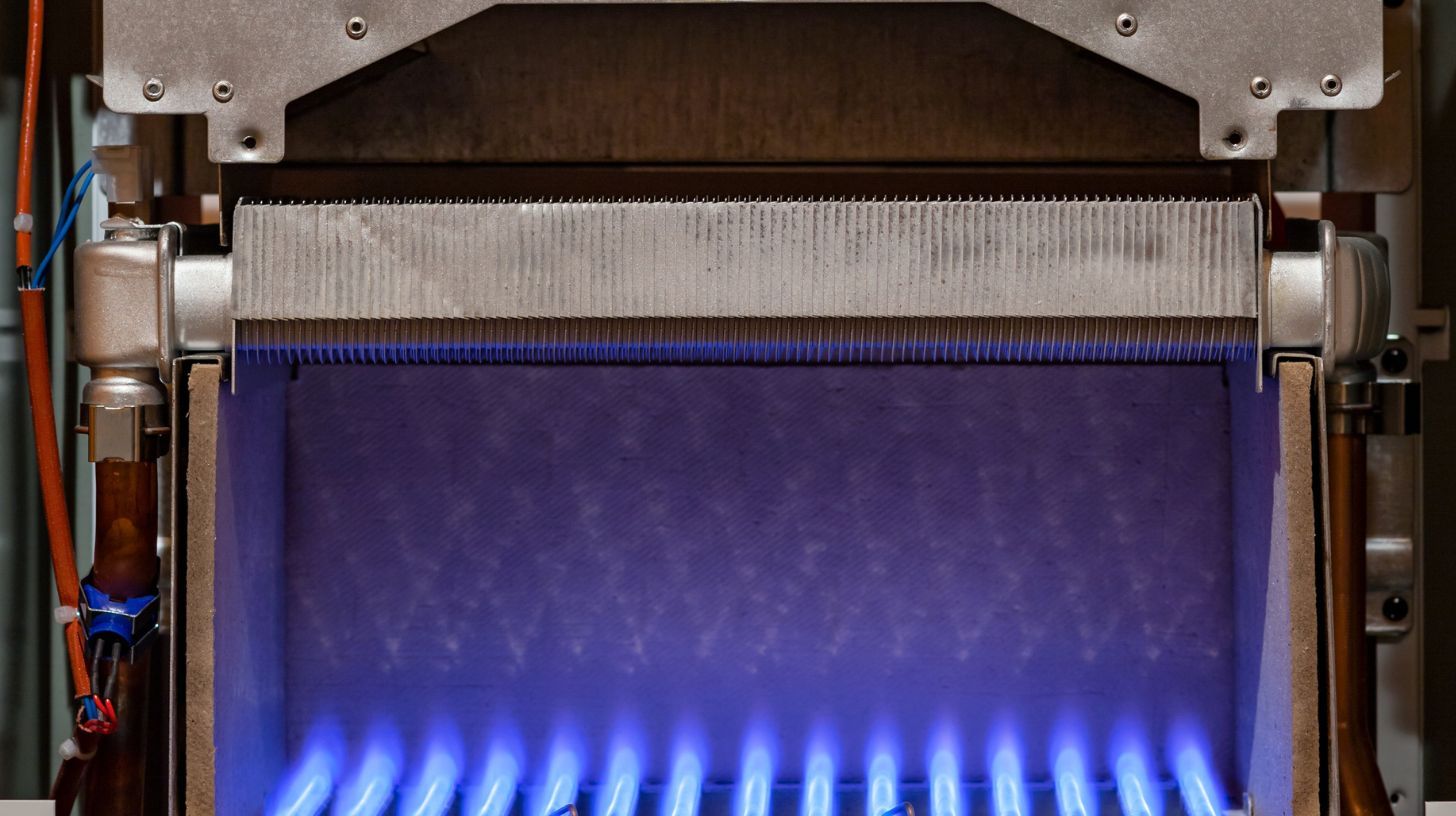
Does a new furnace need to be inspected?
TLDR: Inspecting your new furnace is crucial for safety, efficiency, and cost savings. Annual inspections can catch issues early, maintain energy efficiency, and prevent safety hazards like carbon monoxide leaks. Newer furnaces offer high efficiency but require regular maintenance. Safety is paramount when inspecting, focusing on components, gas leaks, wiring, filters, and overall maintenance. Regular inspections save money, extend furnace life, and ensure your family’s safety. Expect a thorough inspection, efficiency assessment, and expert guidance on operation. Regular inspections help detect and fix problems early, ensuring safe and efficient furnace operation.
It is important to inspect your new furnace to ensure it is functioning safely and efficiently, and regular inspections can help to identify potential problems before they escalate and lead to further issues. A new furnace inspection involves a thorough check of all components before it is put into service, and there are a host of benefits that come with regularly inspecting your furnace, such as increased energy efficiency and cost savings. In this article, we will explore the importance of new furnace inspections, why you should inspect your new furnace, what to expect during a new furnace inspection, and the benefits of regular furnace inspections.
The Importance of New Furnace Inspections
Regular inspections and maintenance of furnaces is key to preventing expensive repairs or replacements of the system. Furnaces, which are responsible for heating our homes in the winter months, should be inspected annually to ensure the system is running properly and safely. During this inspection, a certified technician will check all components of the system, from the pilot light to ventilation and insulation. They also check filters and combustion chamber, burner assembly, and blower motor.
Not only do annual furnace inspections allow a technician to catch any potential issues, but they also help to keep your energy bills low. Properly maintained systems are more energy efficient because they are running at peak performance. Furnace problems related to dirty filters or worn out parts can significantly increase energy costs, causing a strain on the pocketbook. Proper maintenance and inspections can help keep these bills stable.
In addition to this, inspections can determine if the furnace is running properly and safely. There are several safety hazards that can occur with faulty furnace systems, such as carbon monoxide poisoning. Carbon monoxide is an invisible, odorless gas that causes symptoms such as nausea and headaches, which can be fatal. It is important that furnace systems are inspected for cracks and other issues that can lead to carbon monoxide being released into your living space.
Newer models of furnaces come with a high-efficiency rating, making them a great investment for your home. In addition, newer systems may include additional safety features such as thermostat sensors, blower motors, and air purification systems. In order to maintain peak performance and efficiency for these systems, regular inspections by professionals are essential.
By having your furnace inspected annually, you can not only save money on repairs or replacements, but you can also ensure that your family is safe from potential safety hazards and your energy bills remain low. Regular inspections give you peace of mind that your furnace is running safely and efficiently.
Safety First: Why You Should Inspect Your New Furnace
It is important to inspect your new furnace before use to ensure safety. This is especially true for new furnaces, as these are not yet tested or worn in. By inspecting your new furnace before using it, you can identify potential issues that may arise, preventing any potential major problems. A thorough inspection performed by an HVAC technician can help prevent costly repairs and identify any potential safety concerns.
When inspecting your new furnace, you’ll want to focus on its main components, including the condenser fan, the control board, and the blower motor. These components are essential to the function of your furnace and must be maintained properly for safety. Additionally, inspecting the wiring and electrical connections is also important. If any of these components are defectively wired, broken, or improperly maintained, it could lead to a potentially serious issue.
Some other common issues that should be considered when inspecting your furnace are gas and carbon monoxide leaks. Since most furnaces run on natural gas, if there is a gas leak, your furnace could produce dangerous levels of carbon monoxide. Checking for potential leaks before using your furnace is a crucial part of ensuring safety. Additionally, inspecting all of the hoses and valves is important, as a loose or worn down connection is a fire hazard.
Another important aspect of furnace safety is regularly changing the filters. The air filters in your furnace function as the last line of defense, trapping bacteria, dust, and other allergens before they can enter your home. These filters need to be changed frequently to keep your furnace running efficiently and reduce the risk of contamination.
Finally, performing annual maintenance inspections will ensure that your furnace is always functioning properly and safely. An HVAC technician will check all of the major components of your furnace, while also tuning its settings for optimal performance. This way, your furnace will always run safely and efficiently.
Taking the time to inspect your new furnace and ensure it runs safely is essential to preserve its life and keep your home safe. Regular inspections, maintenance, and filter changes are all necessary steps to protect your furnace and guarantee that it runs properly. By following these safety recommendations, you can have peace of mind while you enjoy the warmth of your new furnace.
What to Expect During a New Furnace Inspection
A new furnace inspection should include an in-depth assessment of the condition of your current heating system. An inspection should always include a thorough cleaning and adjustment of the existing equipment. The inspection should also include a check of the electrical connections, the filters, the blower motor, and the ducting system. The inspection should include a detailed inspection of all components of your existing heating system and the inspection should specifically include a check of the air flow throughout the house. You should also expect the inspector to inspect the heat exchanger and burner for any signs of corrosion or rust. After the inspection, the technician should provide a written report that explains any issues they found and details any necessary repairs.
Additionally, a new furnace inspection should include an assessment of the efficiency of your current furnace. The technician will check the air flow through the ducts, the amount of exhaust gas in the vents, the temperature throughout the house, and the static pressure in the furnace. The technician should also measure the efficiency of the system by comparing the incoming and outgoing temperatures of air. Based on the results of this efficiency assessment, the technician may suggest additional insulation, duct sealing, or other changes to increase the efficiency of the furnace.
The inspector should additionally provide you with written instructions on the safe operation of the furnace and how to properly change filters, adjust the thermostat, and control air flow. After the initial inspection, the technician should recommend regular maintenance and servicing to help ensure that the furnace operates safely and efficiently.
At the conclusion of the inspection, you should discuss the results with the inspector and ask any questions related to maintenance, repairs, or upgrades to ensure that your furnace will optimize your comfort and safety.
The Benefits of Regular Furnace Inspections
Furnace inspections are important, both for proper maintenance of the furnace and for peace of mind. Regular inspections can help you identify problems more quickly and prevent wear and tear, saving you time and money in the long run. Additionally, they can help ensure your furnace runs safely and efficiently, prolonging its life and helping you save on your energy bills.
When you inspect the furnace, you can take steps to ensure it is functioning properly, such as checking the air filter for dirt and debris that can clog the system, checking for gas or oil leaks which can be both dangerous and damaging to your home, and testing the venting system for cracks or defects. You should also check the thermostat to make sure it is set correctly and that there is no loose wiring or attachments that could prove a hazard. A professional furnace technician can also tweak the combustion system to get the best performance out of your furnace.
Regular inspections can also help you detect incipient problems before they become bigger issues. Identifying a small fault early on could potentially save you thousands of dollars in repairs or replacing the furnace. It can also help prevent toxic carbon monoxide leaks which can be fatal in extreme cases.
In summary, regular furnace inspections are important to identify, avoid, and repair any problems before they become serious issues. Inspections can help ensure your furnace is running safely and efficiently, prolonging its life and helping you save on energy and other home repair costs.
Final Thoughts
New Furnace Inspections are of utmost importance when it comes to heating systems and home safety, as it is recommended to always have an inspection performed for a new furnace before turning it on. A New Furnace Inspection by a professional HVAC technician not only helps identify and prevent any potential safety hazards, but it also helps to provide homeowners with more efficiency, comfort, and peace of mind. Additionally, ongoing regular Furnace Inspections can help keep HVAC systems running in optimal condition and prevent any major or expensive repairs that may be needed down the line due to neglect. Thus, it is essential to have a New Furnace Inspection and regular maintenance performed to ensure your HVAC system is safe and functioning properly.
Frequently Asked Questions
Why should I bother inspecting a new furnace?
Inspecting a new furnace is important for a variety of reasons. It is a way to ensure that the furnace is properly installed and functioning correctly so that it will run efficiently for years to come. Inspections can catch potential problems that could lead to much bigger issues down the road and can detect whether the furnace needs any repairs before use. Additionally, an inspection will help to make sure the furnace complies with all safety and building codes so you can be sure it is up to regulation. Thus, inspecting a new furnace is an important step to ensure your safety and proper functioning of the system.
Is it necessary to have a professional inspect a new furnace or can I do it myself?
It is generally recommended to have a professional inspect the new furnace before use. Professional heating and cooling technicians have the expertise and equipment to properly check and assess a furnace and have experience dealing with potential problems. Additionally, they can provide advice to ensure the system is in good working order before use.
How often should I inspect my new furnace?
It’s recommended to have your new furnace inspected by a qualified HVAC technician once a year. Some manufacturers may recommend more frequent inspections, so be sure to check with your manufacturer.
What are the signs that indicate my new furnace needs an inspection?
1. Unusual or excessive noise coming from the furnace
2. Unexplained increase in energy bills
3. Lack of heat or uneven heating throughout your home
4. Unusual smells coming from the furnace
5. Pilot light frequently going out
6. Problems with the thermostat
Table of Contents
Other Blogs You May Be Interested In
Categories

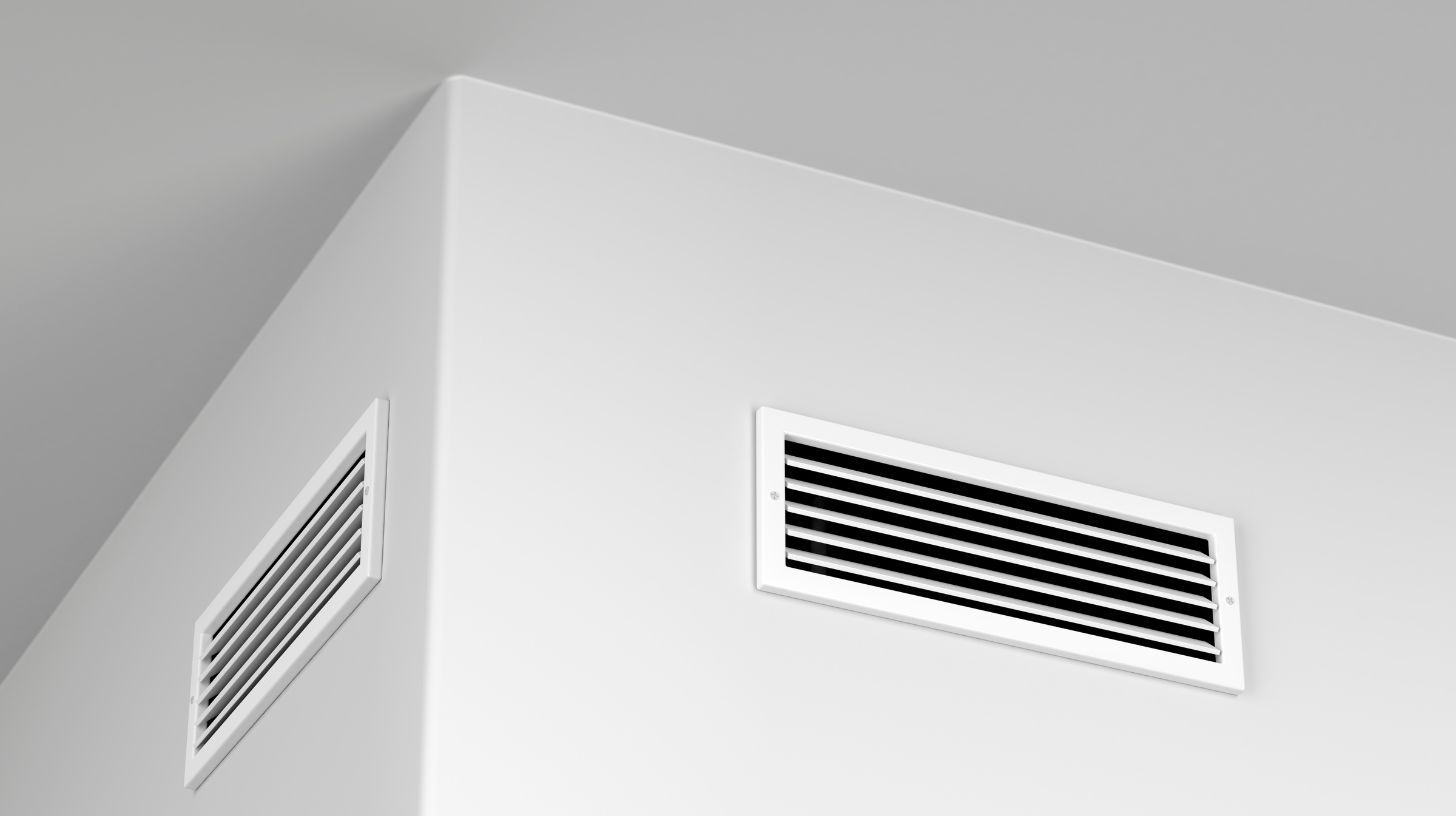
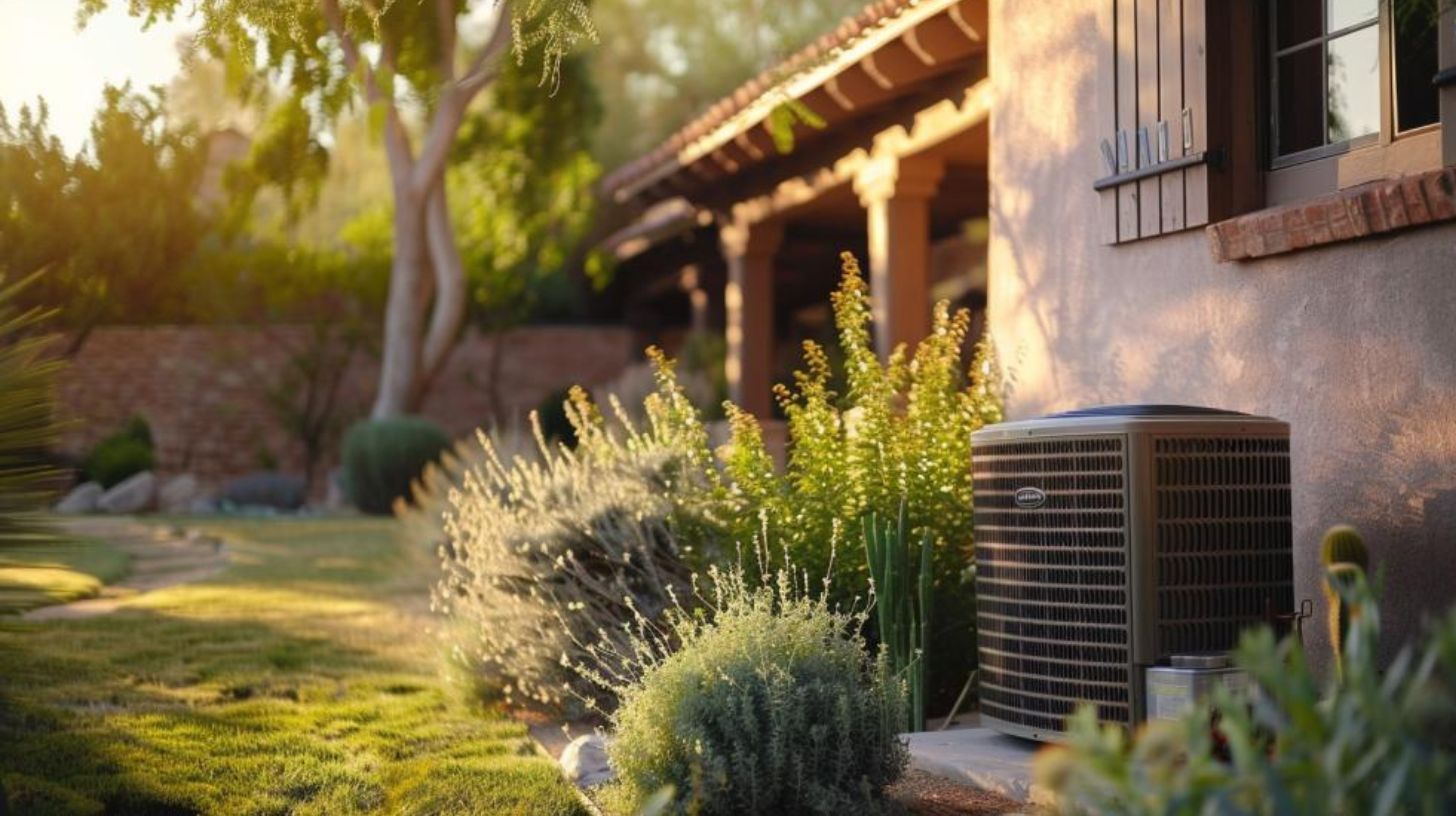
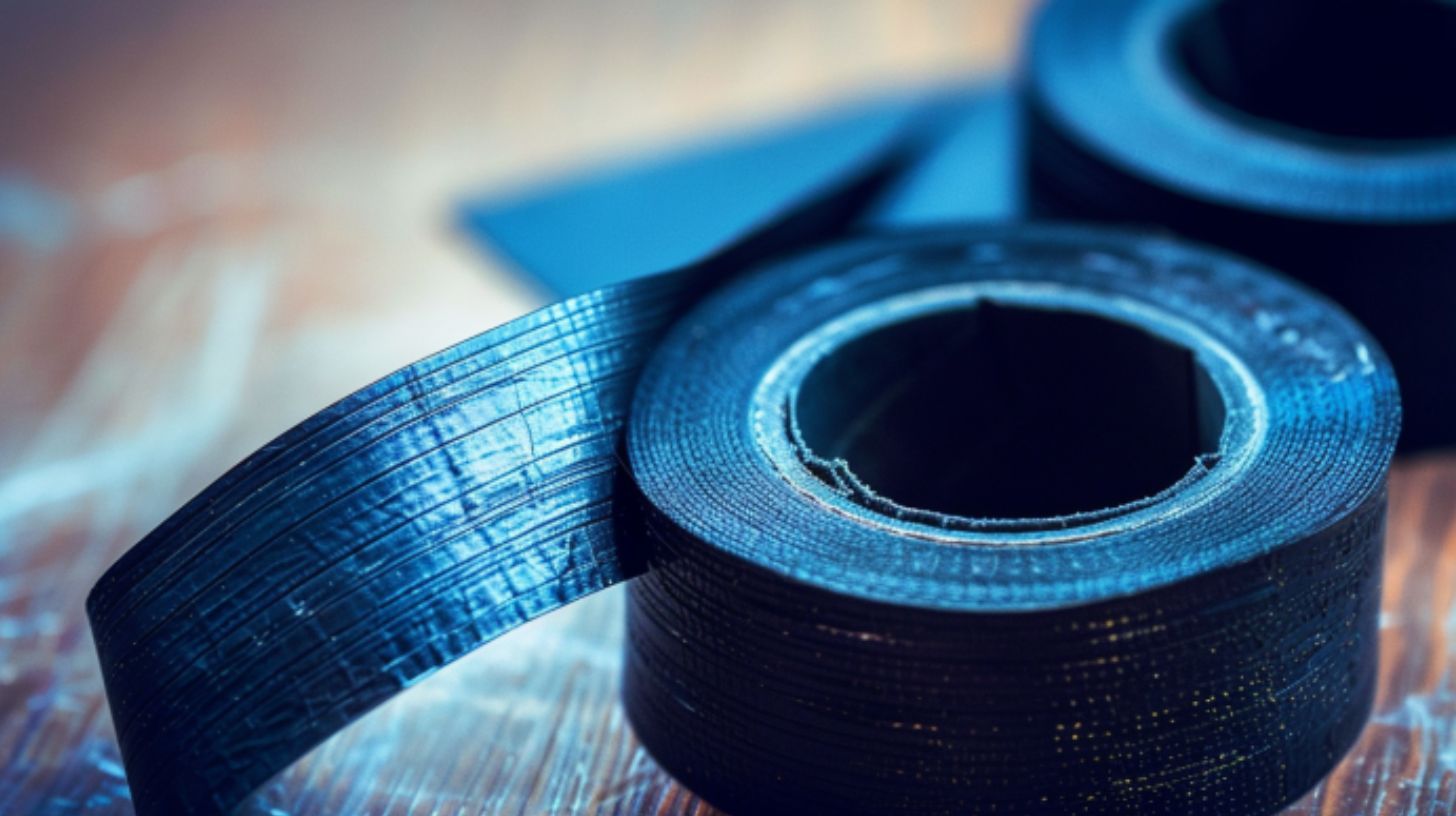
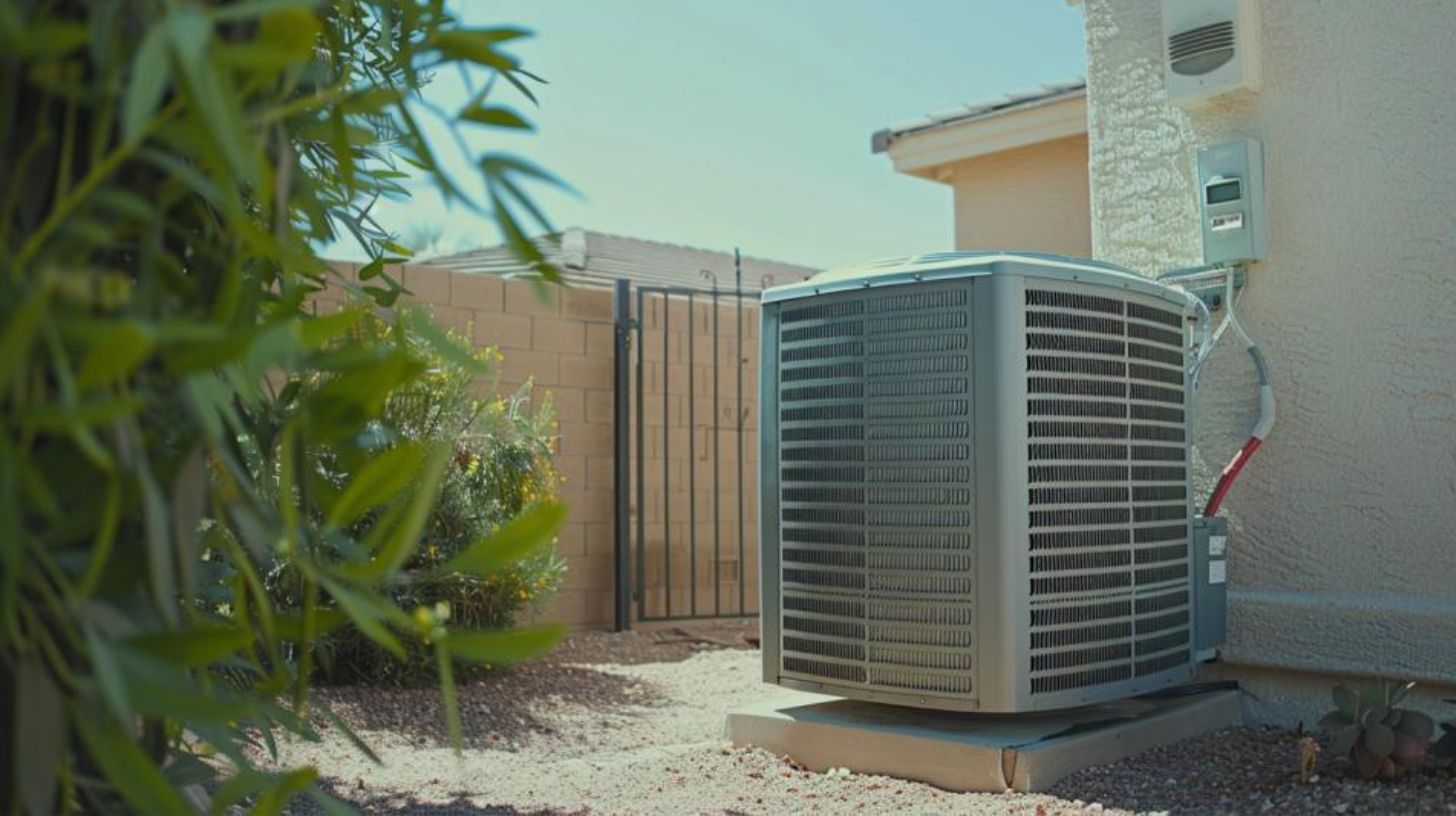

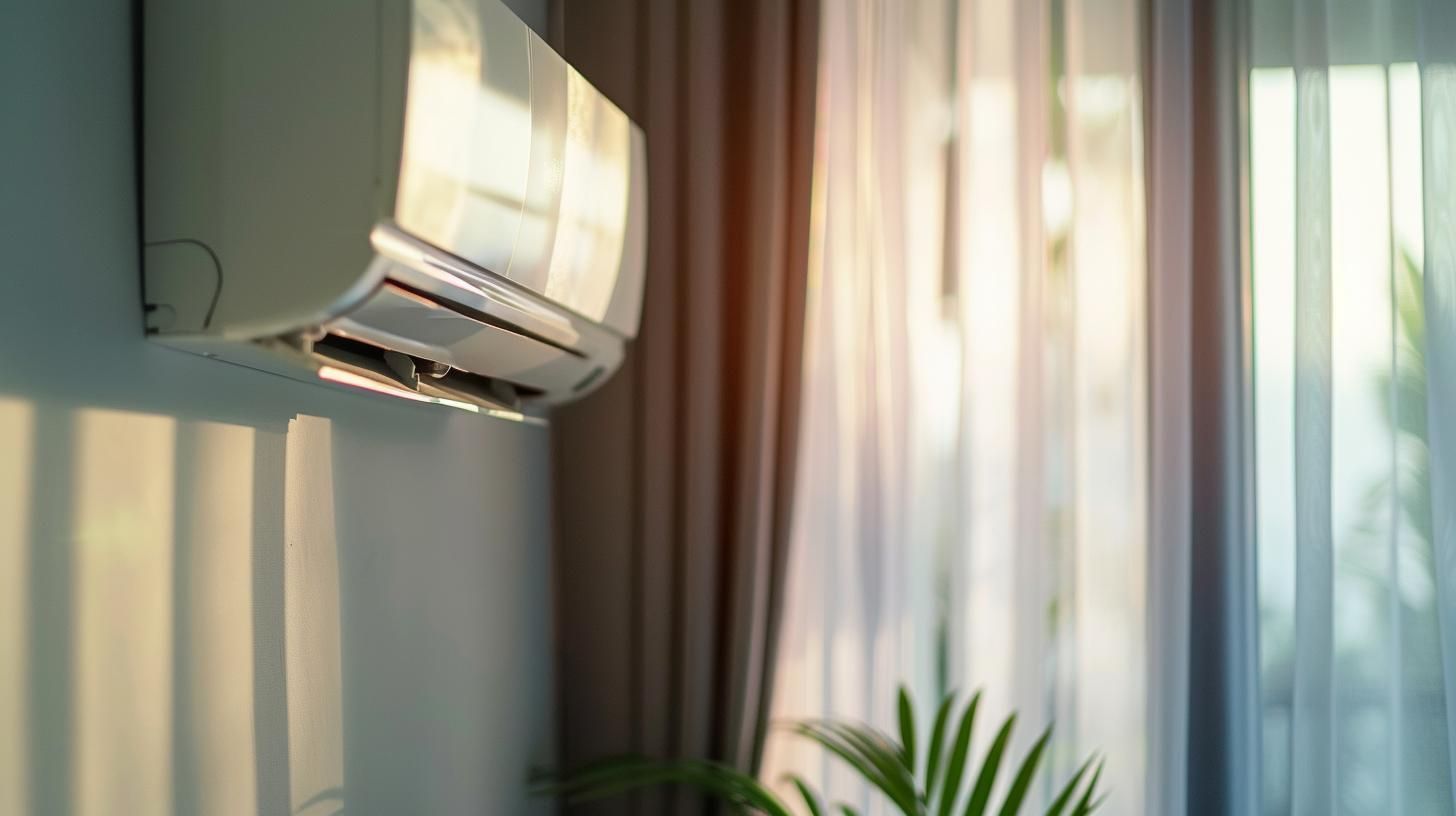
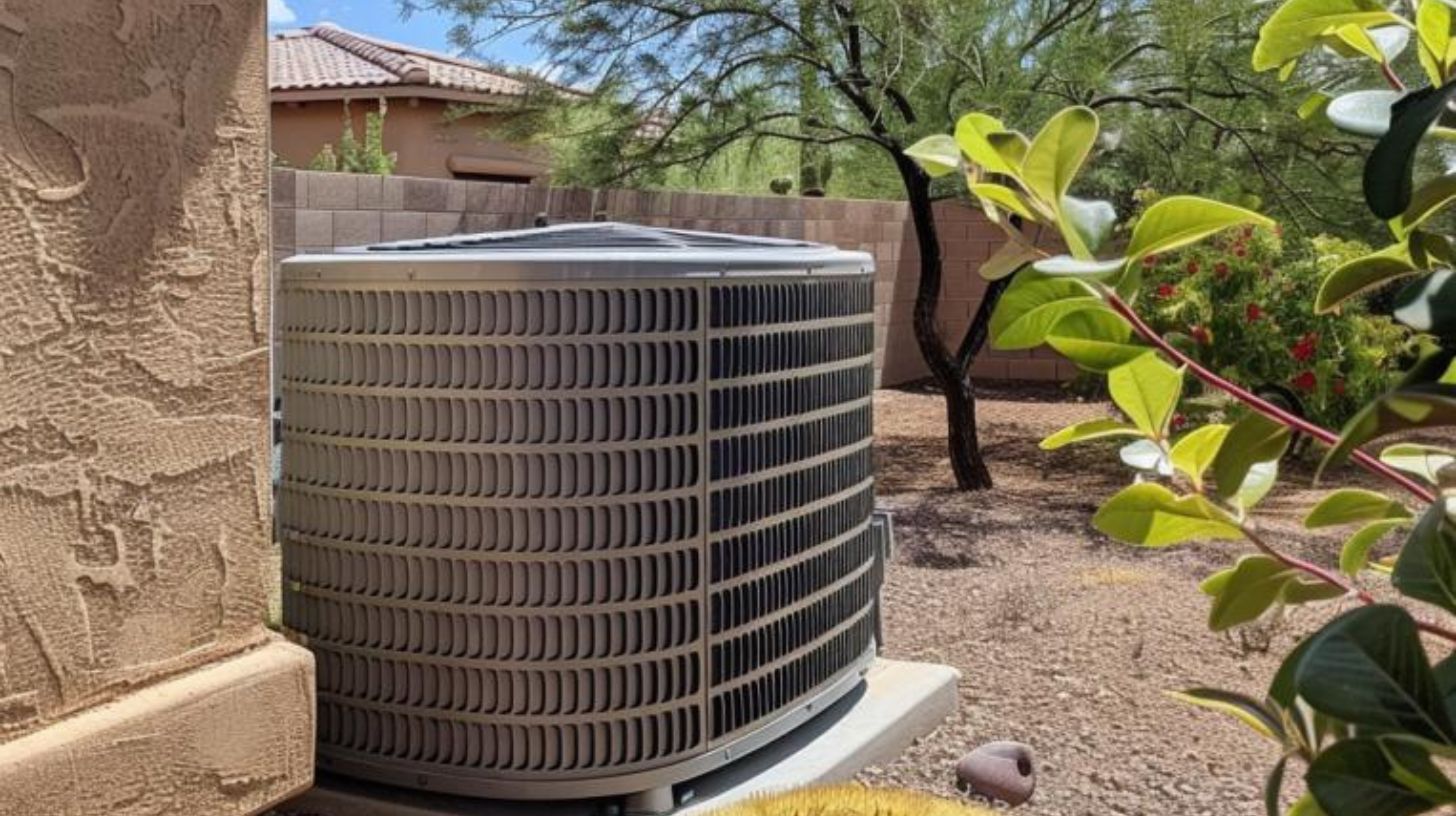
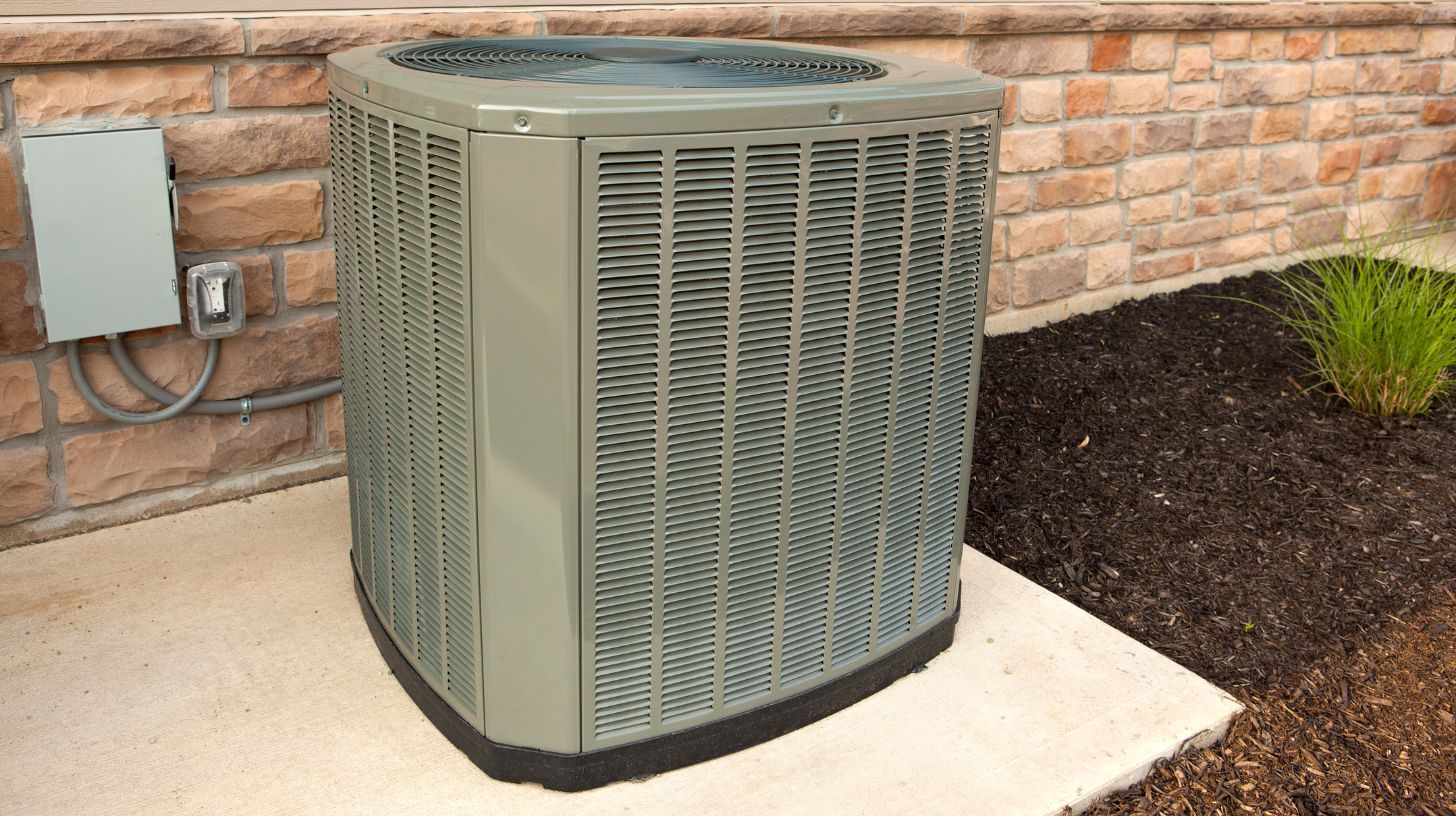
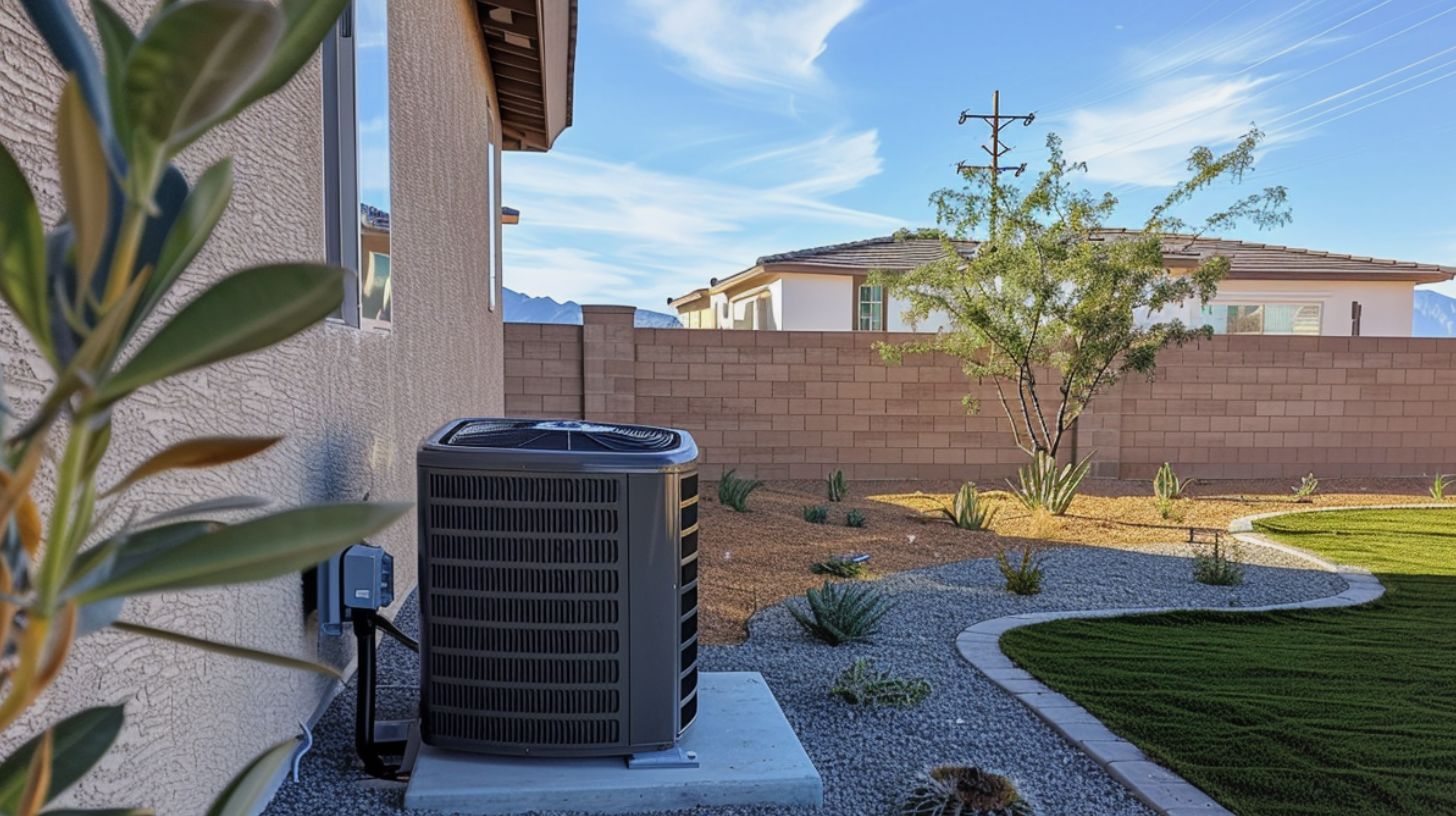
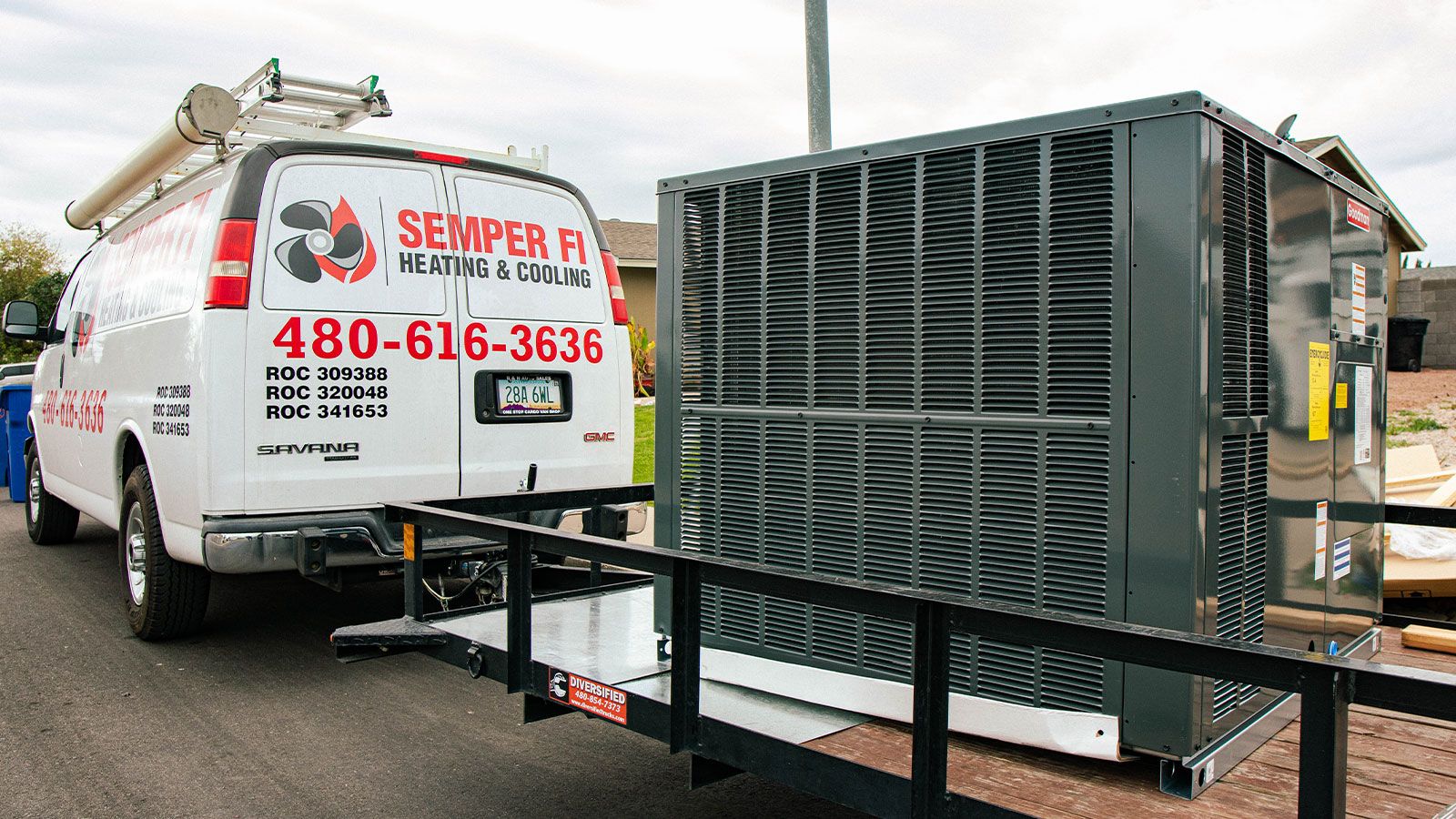
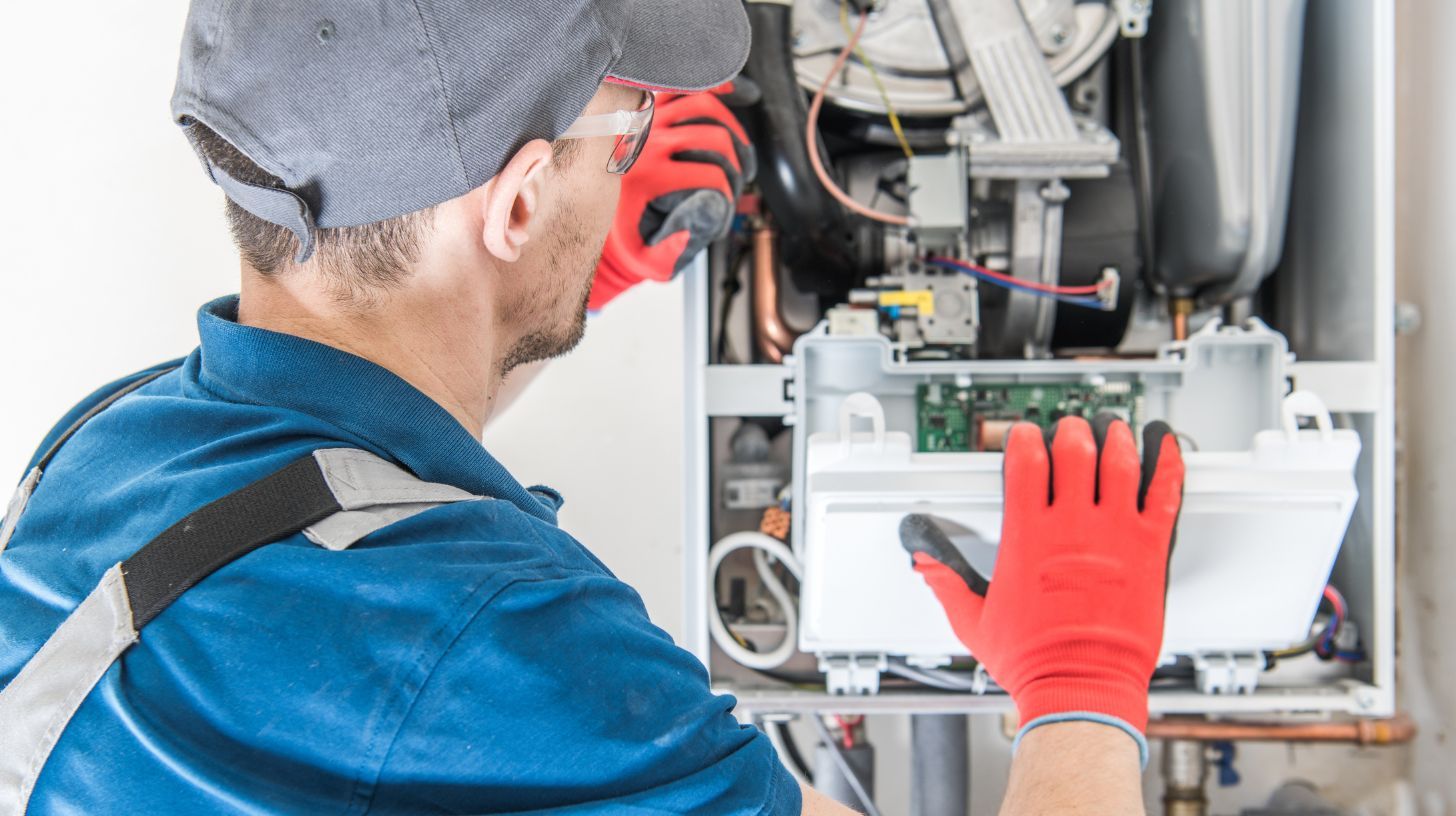
Leave a Reply